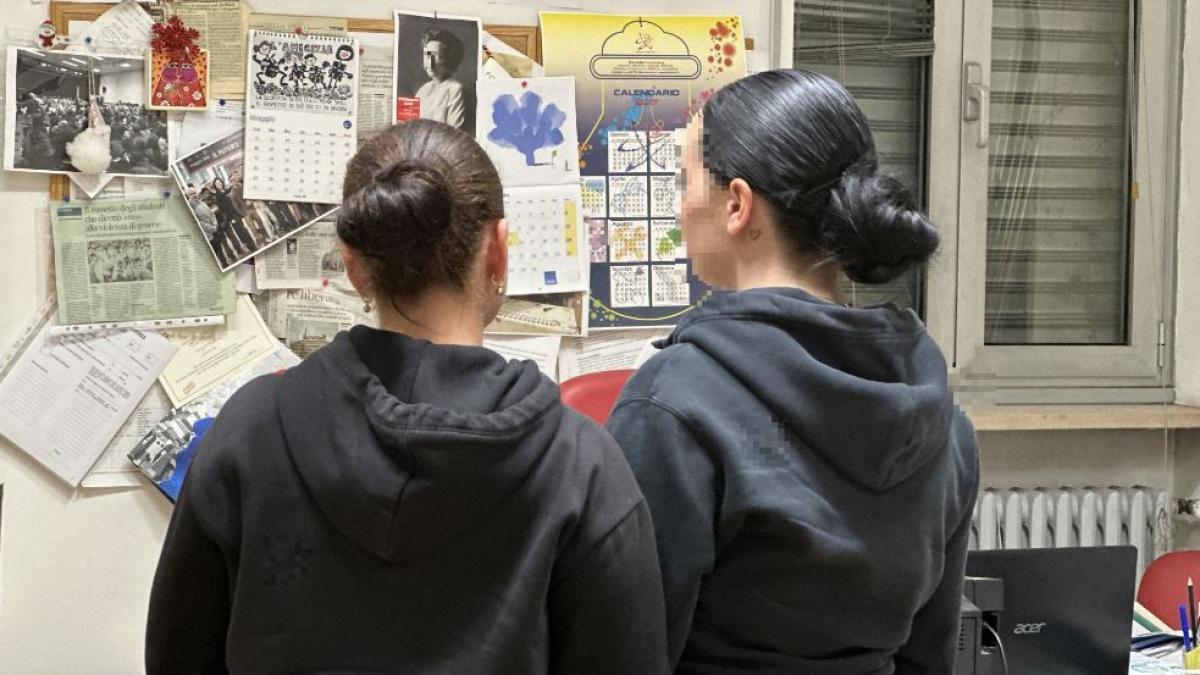
Milan Grants Asylum to Egyptian Lawyer Defending Dissidents
Twenty-one pages of study of the situation in Egypt on the basis of the most accredited international sources lead the judges of the Immigration Section of the Court of Milan to conclude that, faced with the «tangible proof of the absolutely critical situation of the Egyptian State in the recognition and protection of rights fundamentals of anyone (citizen or foreigner) who is on its territory”, a 45-year-old Egyptian lawyer must be granted international protection (i.e. political asylum) for three reasons: not only “for the political opinions expressed” through his having been a defender of dissidents, but also “for the political opinions imputed to him” by the regime, which attributes to him a non-existent membership of the Muslim Brotherhood of which he only defended some of its members in court; and – third reason – even for the usually less considered persecutory backlash to which those who, repatriated to Egypt in the event of rejection of their asylum application in another country, are exposed, are accused of having spoken badly of their homeland in that application of asylum and betrayed the national interest.
The decision is doubly interesting because at first instance the prefectural Territorial Commission, while denying the Egyptian political asylum due to the supposed absence of risks of persecution at home, had nevertheless granted him «special protection» (the old «humanitarian») for do not interrupt a path of socio-work integration in Italy.
But the Egyptian, instead of being satisfied with a half-result which however circumvented the fundamental question he posed, insisted on the appeal with the lawyer Livio Neri, and in order to decide the Court first drew on a large number of sources: the European Union Agency for Asylum, the information on the countries of origin of those seeking protection (better known by the English acronym «COI-Country of Origin Information» developed by the National Commission on the basis of data provided by the UN Agency for refugees and the Ministry of Foreign Affairs), government documents such as in the case of the United Kingdom, United States or Australia, reports from non-governmental organizations such as Freedom House, Human Rights Watch, Amnesty International. And in this context the Court places the story of the lawyer twice accused for political reasons, once in 2016 when he was later acquitted, and once in 2020 when he was arrested and spent 11 days in prison and mistreatment before being released.
The Egyptian lawyer documents that he ended up in the crosshairs of repression because, despite never having been part of the Muslim Brotherhood (a movement declared illegal by Cairo in 2013 and dissolved as it was equated to a terrorist organisation), he defended some members in political trials, and because in the past he was part (yes) of the Freedom and Justice party, whose members also included members of the Muslim Brotherhood. Here the judges Caccialanza-Masetti Zannini-Favarolo posed the first problem, namely whether political asylum could be triggered not only “for the political opinions expressed” (in this case in acting as a lawyer for dissidents), but also for “the political opinions imputed” by the state authorities to those who they wish to persecute under this pretext.
The other relevant issue was the fate that may await Egyptians repatriated from countries that have rejected their political asylum: Egypt, in fact, «indirectly criminalizes migrants’ attempts to leave the country, since the law punishes the disclosure of rumors about Egypt’s internal situation abroad. Therefore, such criminal provisions could also be used against returning migrants, in particular against “failed” asylum seekers who during the process of applying for protection have probably disclosed information about Egypt’s internal situation.”
In the decree the judges also make a reference to the events of Giulio Regeni and Patrick Zaki, but in a dry form, deliberately calibrated only to exemplify the political uncertainty of the Egyptian judicial system: of Regeni the Court recalls “the story that still today does not have a clear judicial solution”, by Zaki aseptically juxtaposes “the date of the final sentence after an infinite series of postponements (18 July 2023)” and the date of the pardon given to him by President Al Sisi “the following day, demonstrating the nature politics of this gesture”.
This article is originally published on milano.corriere.it





